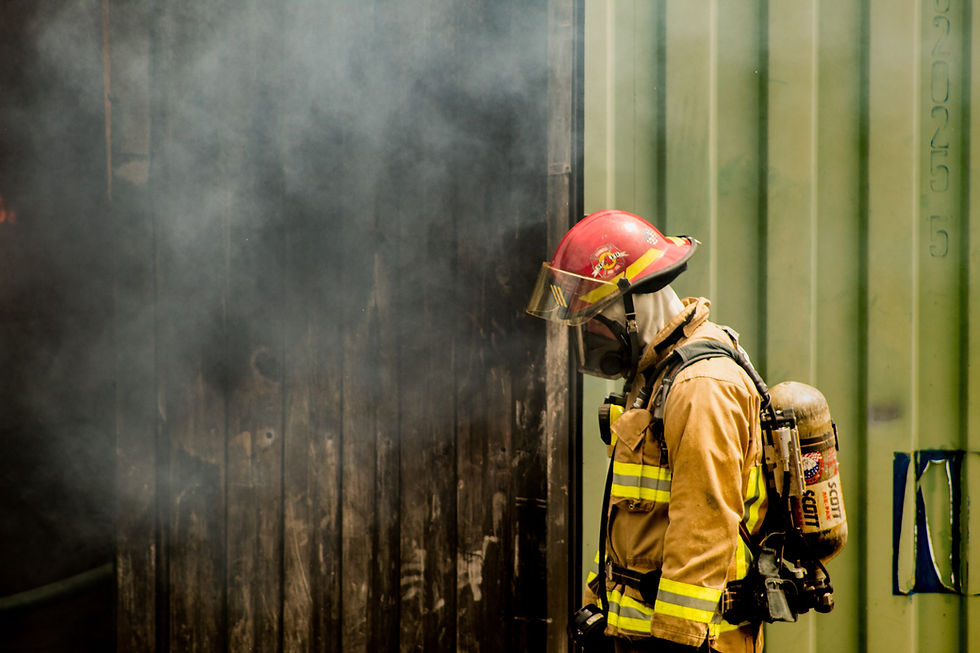Supporting A Loved One Through Trauma - First Responder Families
- Kaitlin Hebard
- Jan 11, 2025
- 2 min read
Being part of a first responder’s life is a unique journey, filled with pride, connection, and a deep sense of purpose. But it also comes with challenges that require patience, resilience, and a willingness to adapt. First responders—whether firefighters, law enforcement officers, or paramedics—face intense stress and trauma daily, often witnessing events that can be difficult to process. This reality doesn’t stay confined to their shifts; it often follows them home, influencing their mood, behavior, and relationships. As their family member, you play a critical role in their support system, navigating both the rewards and the complexities of being their partner.
Understanding the Impact of Trauma
First responders witness situations that most of us can only imagine. Trauma often shows up as emotional withdrawal, hypervigilance, mood swings, or sleep disruptions. For spouses, particularly those whose partners work in dangerous situations, the fear for their loved one’s safety adds another layer of stress. Recognizing these as responses to their work, rather than personal flaws, is key to providing support.
Tips for Supporting Your Partner
Be Patient and Empathetic: Approach their behaviors with understanding rather than judgment.
Educate Yourself: Learn about trauma and its effects to better understand what they’re experiencing.
Practice Open Communication: Create a safe space for honest conversations, while respecting their boundaries.
Take Care of Yourself: Caring for your own nervous system through practices like mindfulness, exercise, and therapy is essential. When you regulate your own stress, you’re better equipped to support your partner.
Find Community: Connect with other families of first responders for advice and encouragement.
Stay Tuned
Supporting a first responder requires unique skills, but you don’t have to navigate this alone. Stay tuned for our upcoming digital workshop, designed specifically for families of first responders. Together, we’ll explore practical tools to strengthen your relationships and build resilience.
"Trauma is a fact of life. It does not, however, have to be a life sentence." – Peter A. Levine





Comments